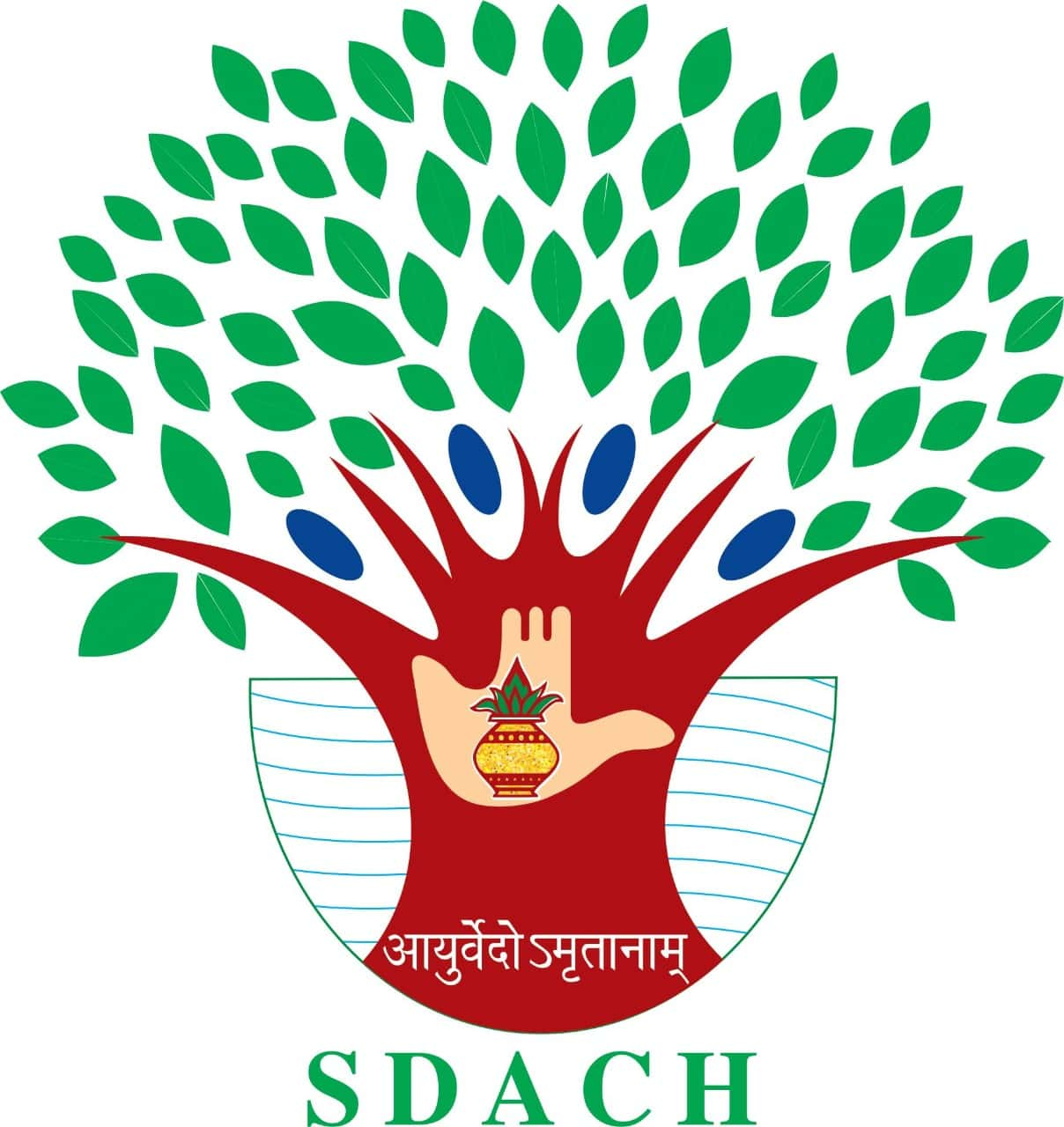Botanical Name : Anthocephalus cadamba Miq.
Family : Rubiaceae
Introduction :
Latin name: Anthocephalus – anthos = flower, cephalus = like the head, it has round flowers; indicus = Indian.
Names in different Indian languages :
English : Kadam
Hindi : Kadamb
Kannada : Kaduavalatige, arsenatige
Malayalam : Kadambah, attutekku
Sanskrit : Kadamba
Tamil : Venkadambu, Vellai Kadambam
Telugu : Rudrakskamba
Synonyms :
Kadamba, Priyaka, Vrtta-pushpa, Nipa, Halipriya.
Neolamarckia cadamba (Roxb.) Bosser
Anthocephalus indicus A. Rich.
Anthocephalus chinensis (Lam.) A. Rich. Ex Walp.
Anthocephalus indicus
Varieties & adulterants – (CV – controversy, AD – adulterants) :
Kadambaka is equated with Adina cordifolia.
Morphology :
A tree of 15 to 20 mtrs. high. densed and shady.
Leaves – shiny, simple, elliptic-oblong, resemble the leaves of madhook with dark venations. Flowers- small, yellowish orange.
Fruits . like small balls, hard and taste sweet and sour when ripe.
Distribution & Habitat :
Assam, Bengal, southwards to Andhra Pradesh and western Ghats.
Chemical constituents :
alkaloids, steroids, reducing sugars , tannins
Properties :
RASA- katu, kashaya. tikta
GUNA- laghu. ruksha
VIRYA- sheeta
VIPAKA-madura
Prabhav: vishaghna
Karma :
febrifugal, antidiuretic, anthelmintic, hypoglycaemic. ,cooling; anticatarrhal, blood purifier, analgesic,abortifacient.
Indication :
Ulcers, fever, skin disease, cough, piles, leucorrhoea, mouth ulcers,Eczema, diabetes ,leucoderma,anorexia
Parts used :
Bark, leaves and fruits.
Dose :
Bark powder . 0.5 to 1 gm; fruit juice 12 to 24 ml; leaf juice – 12 to 24 ml.
External uses : Warm leaves are lied on wounds to reduce inflammation. In conjunctivitis. the paste of bark is applied to eyelids. Wounds are washed and cleaned by the decoction of its leaves.
Internal use : Decoction of leaves and gum are analgesic, In diarrhoea, bleeding per rectum and colitis, decoction of the ba is used. Juice or powder of bark + jeerak ‘I’ sugar, is effective in vomiting.
Excessive thirst in fever is reduced by fruit juice.
It is used in bleeding disorders, oedema and cough. Decoction of roots is useful in calculi, and dysuria, In spermatorrhoea and vaginal disorders, decoction of bark is used, Menorrhagia is treated by leaf juice or decoction. Fruit juice promotes breast milk. In various skin diseases, bark paste is applied locally. Its bark is the best medicine to reduce burning sensation in fever It is also useful in general debility and toxicity.





